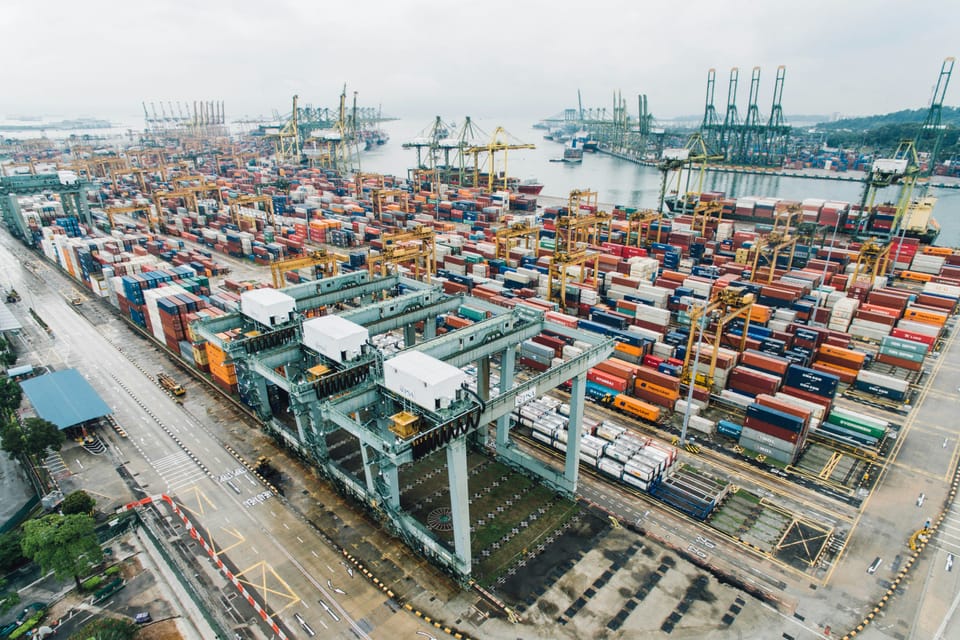NGOs seek review of EU Taxonomy criteria for aviation and shipping

A coalition of climate NGOs have filed a case at the European Court of Justice to force the EU Commission to review its Taxonomy criteria for aviation and shipping – arguing that the current version allows polluting airlines and shipping firms to receive green financing.
The organisations include Dryade, Fossielvrij NL, and Protect our Winters Austria, and are supported by legal experts Opportunity Green and Climate Law (CLAW). They previously launched a legal challenge asking the commission to review its aviation and shipping criteria – which were added to the Taxonomy in late 2023.
The EU Commission rejected the challenge in June 2024, leading the NGOs to file their case with the European Court of Justice.
Adopted in 2020, the EU Taxonomy sets out the conditions an investment must meet in order to be considered ‘green’, serving as a legal framework for investment in the climate transition.
‘Weak’ aviation criteria
But under the Taxonomy’s aviation criteria, a majority of current aircrafts – which offer energy efficiency improvements of just about 15-20% – could receive this type of financing. “The aviation criteria are so weak that 100% of Ryanair, easyJet and Wizz Air’s order books, and 90% of Airbus’ upcoming deliveries, could be labelled ‘green’,” warned the NGOs.
Research by Transport and Environment found that 90% of Airbus’ planes would be classified as “sustainable”, disincentivising investment in cleaner technologies.
Similarly for shipping, the current criteria allow financiers to label their investments in ships running on LNG (a slightly less polluting fossil fuel) as green.
“The Taxonomy is set to mobilise billions of euros of private finance. But the aviation and shipping criteria send completely the wrong signal to investors – directing investments to planes and ships that will pollute the climate for decades to come. How are investors supposed to have confidence that their investments are truly green? We believe the criteria are unlawful and the EU Commission needs to be held to account,” said David Kay, Legal Director at Opportunity Green.
Climate lawsuits against the EU Commission
The European Commission is already facing another lawsuit from non-profits Climate Action Network (CAN) Europe and the Global Legal Action Network (GLAN), who are seeking a tightening of the emissions caps imposed on industry.
They argue that the current emissions caps for companies in the buildings, agriculture, waste, small industry, and transport’ sectors, which cover about 57% of total EU‑27 emissions, are “alarmingly off-track from the 1.5°C limit of the Paris Agreement” – and as such, unlawful.
Their argument is backed by a recent ruling by the European Court of Human Rights, which found Switzerland guilty of failing to implement sufficient measures to protect its citizens from the worst impacts of climate change.







Member discussion